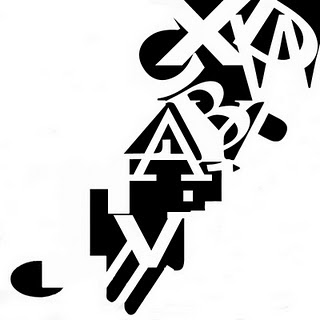Richard Strauss's "Der Rosenkavalier"
I am planning to receive a free education in Western opera by attending the Met's Summer HD Festival. Ten of the most popular productions from its Live in HD series are shown this week on a giant screen on the front of the opera house. I missed Tosca on Saturday, and The Magic Flute on Sunday, but watched Richard Strauss's comic masterpiece last night. Act I was a sheer delight. Lyrical and philosophical in its meditations on love (who are we when we love?), the opera switched to the comedy of the Marschallin's morning audience, before returning to the elegiac note when the Marschallin (Renée Fleming) lamented the loss of her youth, and the inevitable future loss of the love of young Count Octavian (Susan Graham). The curtains came down on Fleming stroking her own mouth tenderly with a real rose. Act II, which took place in Faninal's palatial town house, was broader in its humor. Kristinn Sigmundsson was appropriately crude as the ignoble Baron Ochs, while Thomas...

